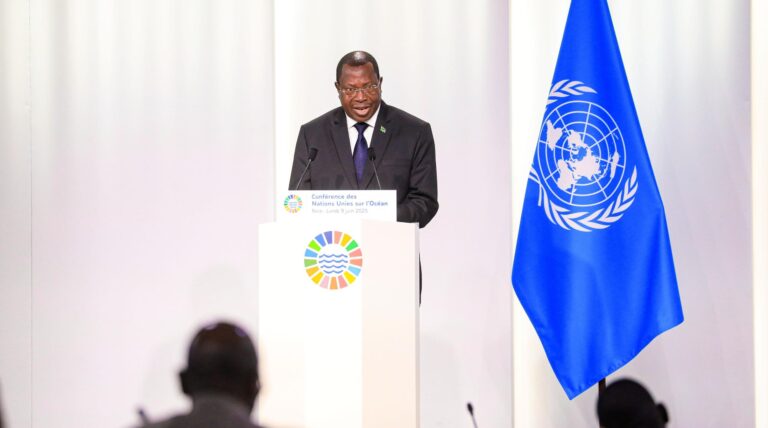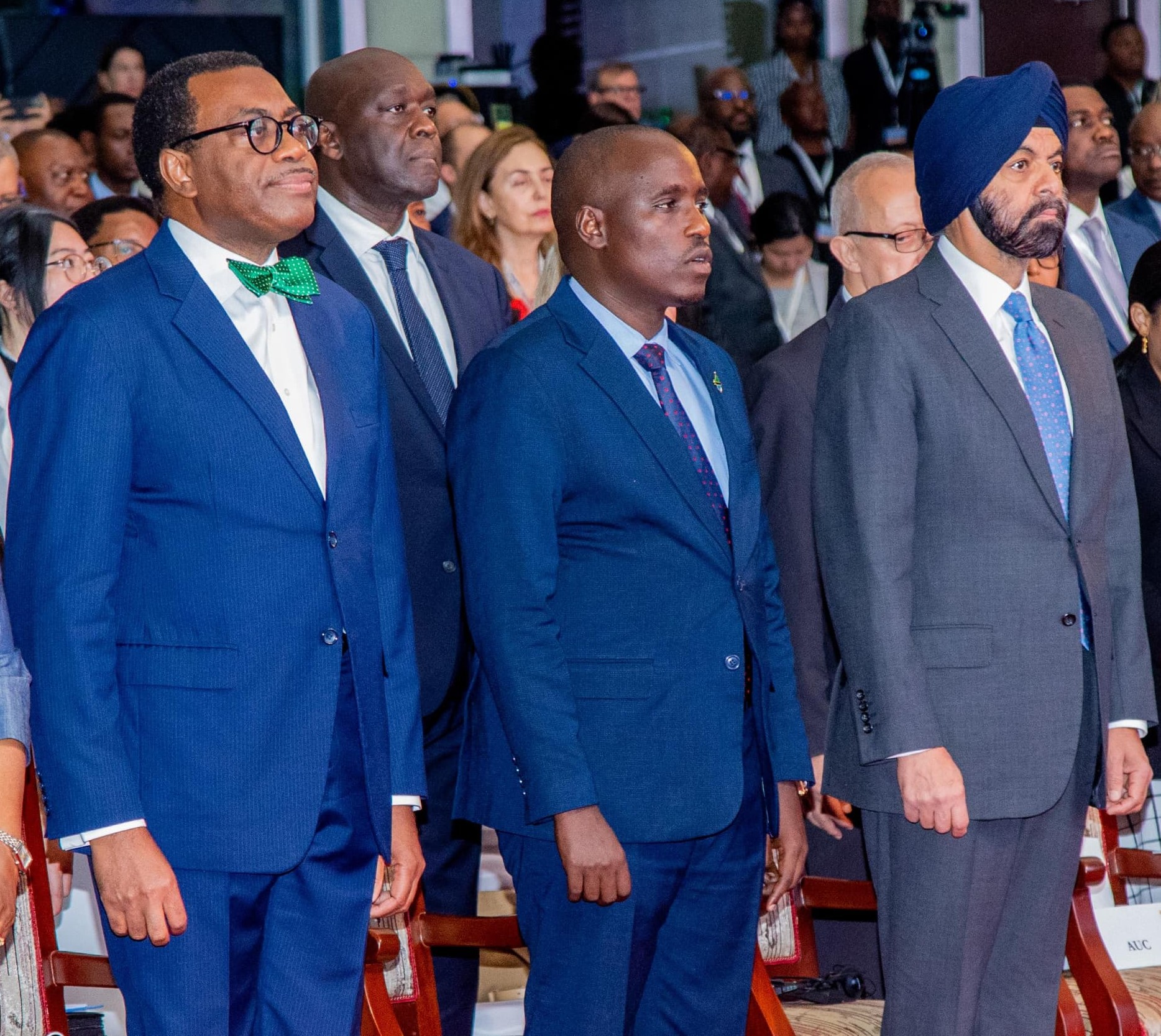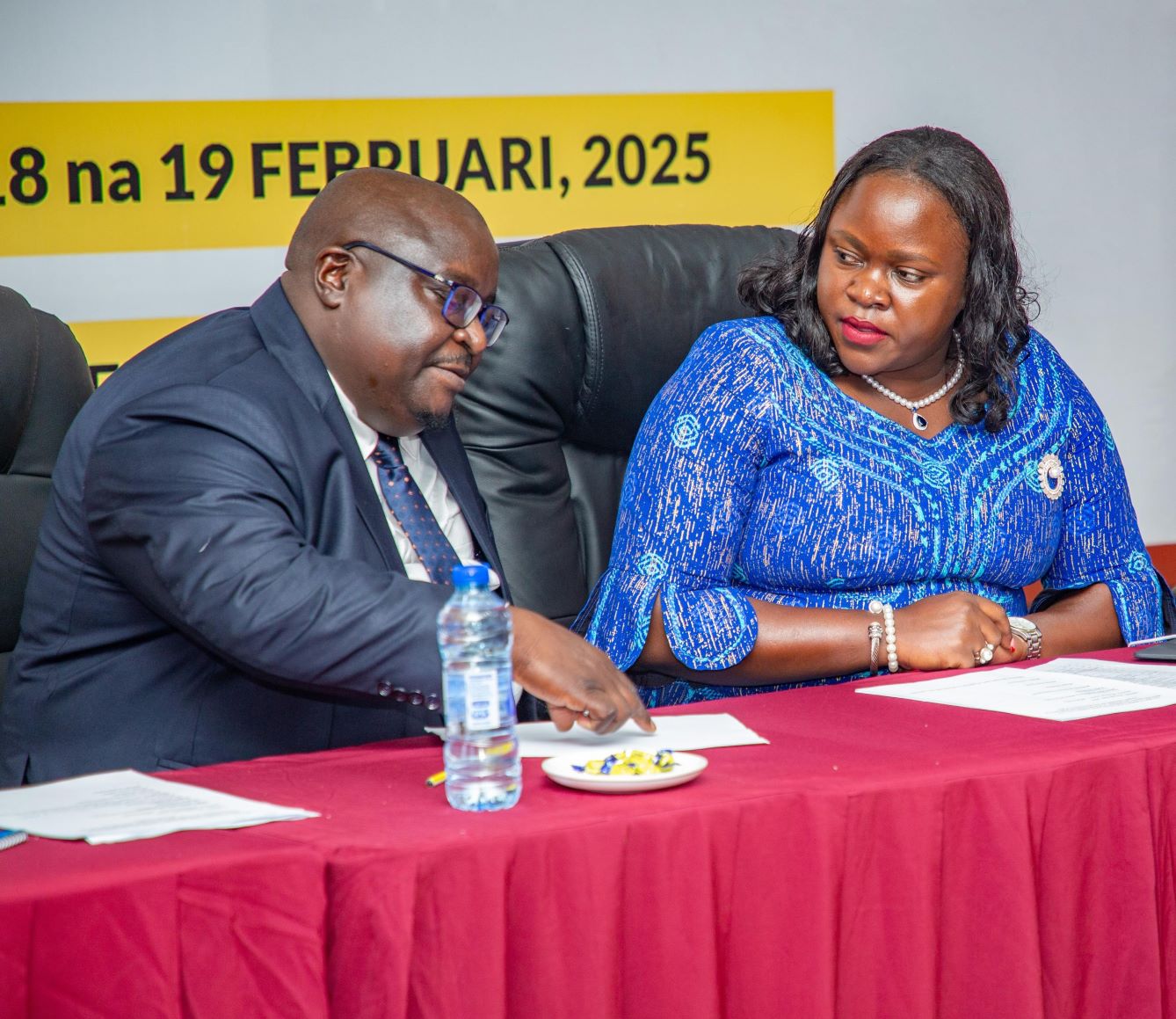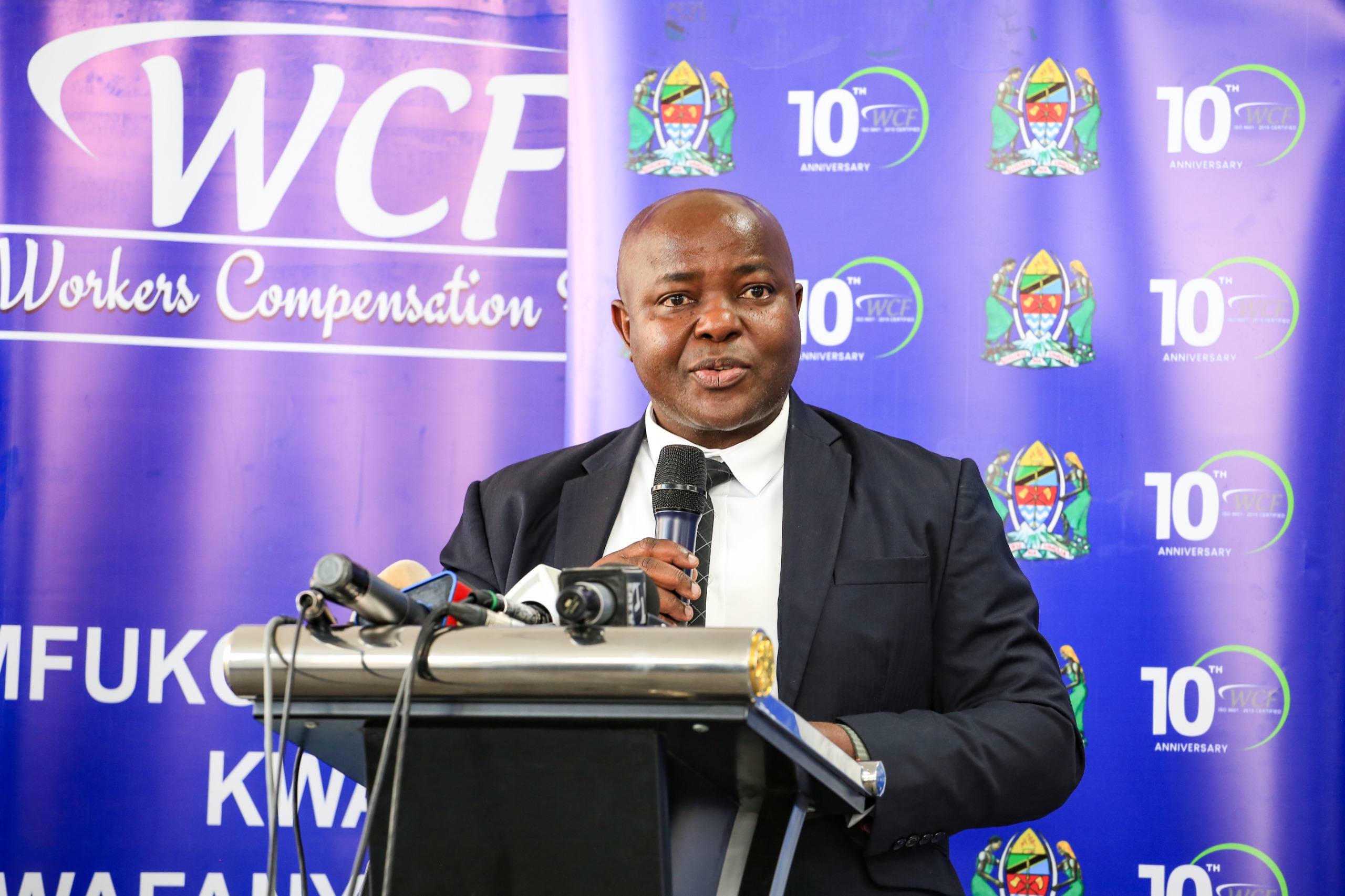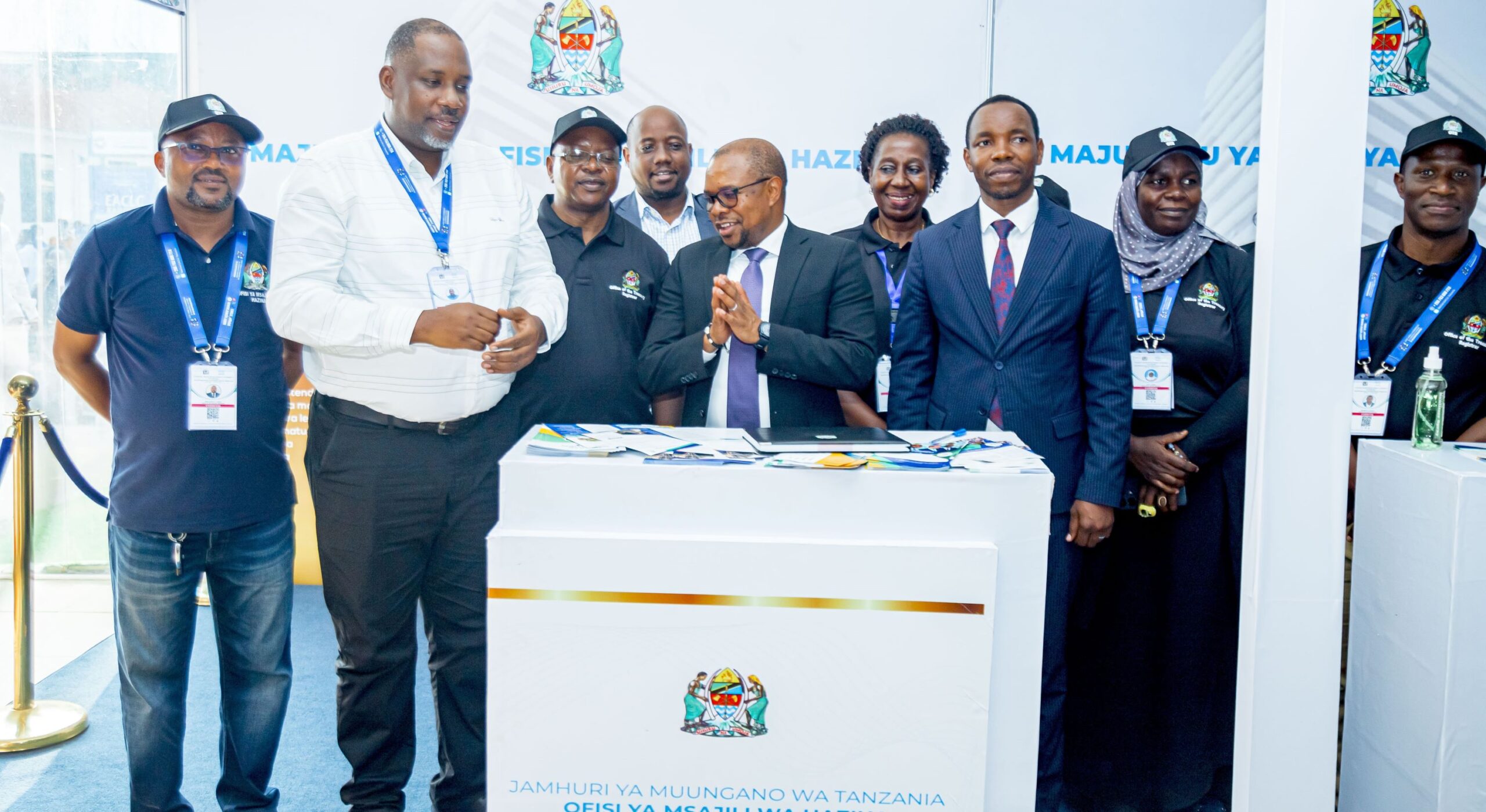Dar es Salaam. Tanzania’s Vice President Dr Philip Mpango has outlined a series of strategic steps the country has undertaken to strengthen ocean governance and marine sustainability, as he addressed the Third United Nations Ocean Conference (UNOC3) in Nice, France.
Speaking on behalf of President Samia Suluhu Hassan on Monday June 9, 2025, Dr Mpango detailed measures aimed at improving the management and conservation of the country’s marine resources, positioning Tanzania as a committed actor in advancing Sustainable Development Goal 14 on oceans.
Among the efforts, Dr Mpango said Tanzania is expanding marine protected areas to cover 20 percent of its territorial waters by 2030.
“This move is part of broader conservation efforts to protect marine biodiversity and ensure sustainable use of ocean resources,” he said.
He highlighted the implementation of community-led conservation initiatives that actively involve local residents in decision-making processes.
“Such inclusive approaches are nurturing a sense of stewardship among coastal communities and building resilience,” he added.
Tanzania has also strengthened its legal and institutional frameworks, including enacting laws to combat illegal fishing and enhancing systems for monitoring, control, and surveillance.
These steps, Dr Mpango noted, are central to ensuring the long-term sustainability of ocean-based livelihoods.
The Vice President also spoke of the country’s newly developed National Blue Economy Strategy.
The strategy outlines key plans to improve marine infrastructure, attract investment, bolster research and innovation, and protect the marine environment.
Dr Mpango said: “Tanzania stands ready to work collaboratively with other nations, the private sector, civil society organisations, and international bodies in shaping a resilient and productive ocean economy.”
While underscoring the importance of global solidarity, Dr Mpango called for increased international funding—particularly to support low-income and small island developing countries whose limited fiscal space and debt burdens have impeded progress in meeting SDG 14.
He also urged full implementation of the High Seas Treaty (BBNJ), a halt to unsustainable deep-sea mining, and the creation of legally binding instruments to address plastic pollution.
Moreover, he stressed the need for evidence-based policies that promote technology transfer, innovation, and integration of traditional knowledge systems.
UNOC3 has convened heads of state and government, global institutions, civil society, and the private sector with the aim of accelerating efforts to conserve and sustainably use oceans and marine resources.
The summit’s theme, “Accelerating action and mobilising all actors to conserve and sustainably use the ocean”, underscores the urgency of inclusive, collective efforts in addressing ocean challenges.

